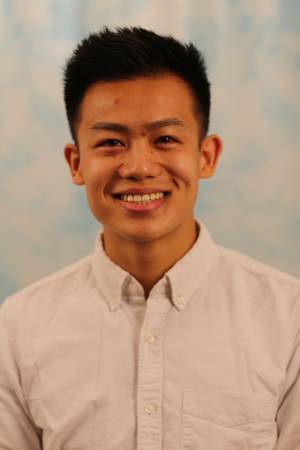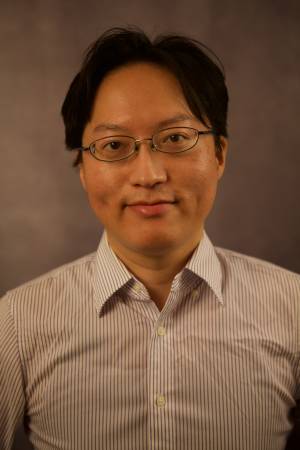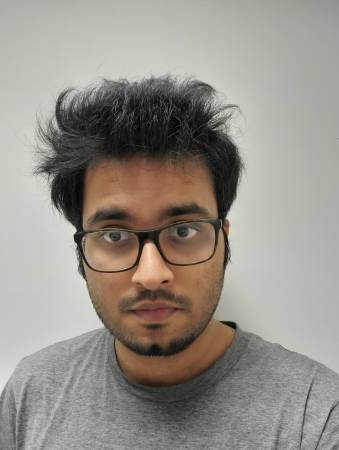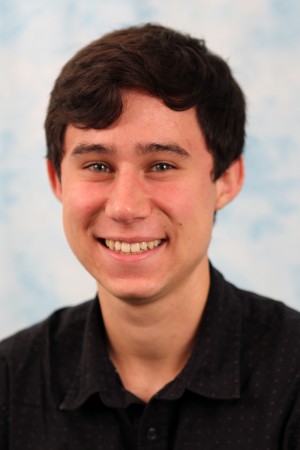Sparse-view 3D in the Wild
Abstract: Reconstructing 3D scenes and objects from images alone has been a long-standing goal in computer vision. We have seen tremendous progress in recent years, capable of producing near photo-realistic renderings from any viewpoint. However, existing approaches generally rely on a large number of input images (typically 50-100) to compute camera poses and ensure view [...]
Deep 3D Geometric Reasoning for Robot Manipulation
Abstract: To solve general manipulation tasks in real-world environments, robots must be able to perceive and condition their manipulation policies on the 3D world. These agents will need to understand various common-sense spatial/geometric concepts about manipulation tasks: that local geometry can suggest potential manipulation strategies, that policies should be invariant across choice of reference frame, [...]
RI Faculty Business Meeting
Meeting for RI Faculty. Discussions include various department topics, policies, and procedures. Generally meets weekly.
Toward an ImageNet Moment for Synthetic Data
Abstract: Data, especially large-scale labeled data, has been a critical driver of progress in computer vision. However, many important tasks remain starved of high-quality data. Synthetic data from computer graphics is a promising solution to this challenge, but still remains in limited use. This talk will present our work on Infinigen, a procedural synthetic data [...]
Imitating Shortest Paths in Simulation Enables Effective Navigation and Manipulation in the Real World
Abstract: We show that imitating shortest-path planners in simulation produces Stretch RE-1 robotic agents that, given language instructions, can proficiently navigate, explore, and manipulate objects in both simulation and in the real world using only RGB sensors (no depth maps or GPS coordinates). This surprising result is enabled by our end-to-end, transformer-based, SPOC architecture, powerful [...]
Probabilistic 3D Multi-Object Cooperative Tracking for Autonomous Driving via Differentiable Multi-Sensor Kalman Filter
This talk has been postponed […]
Towards diverse zero-shot manipulation via actualizing visual plans
Abstract: In this thesis, we seek to learn a generalizable goal-conditioned policy that enables zero-shot robot manipulation — interacting with unseen objects in novel scenes without test-time adaptation. Robots that can be reliably deployed out-of-the-box in new scenarios have the potential for helping humans in everyday tasks. Not requiring any test-time training through demonstrations or [...]
Deep Learning for Sensors: Development to Deployment
Abstract: Robots rely heavily on sensing to reason about physical interactions, and recent advancements in rapid prototyping, MEMS sensing, and machine learning have led to a plethora of sensing alternatives. However, few of these sensors have gained widespread use among roboticists. This thesis proposes a framework for incorporating sensors into a robot learning paradigm, from [...]
Offline Learning for Stochastic Multi-Agent Planning in Autonomous Driving
Abstract: Fully autonomous vehicles have the potential to greatly reduce vehicular accidents and revolutionize how people travel and how we transport goods. Many of the major challenges for autonomous driving systems emerge from the numerous traffic situations that require complex interactions with other agents. For the foreseeable future, autonomous vehicles will have to share the [...]
Teruko Yata Memorial Lecture
Human-Centric Robots and How Learning Enables Generality Abstract: Humans have dreamt of robot helpers forever. What's new is that this dream is becoming real. New developments in AI, building on foundations of hardware and passive dynamics, enable vastly improved generality. Robots can step out of highly structured environments and become more human-centric: operating in human [...]









